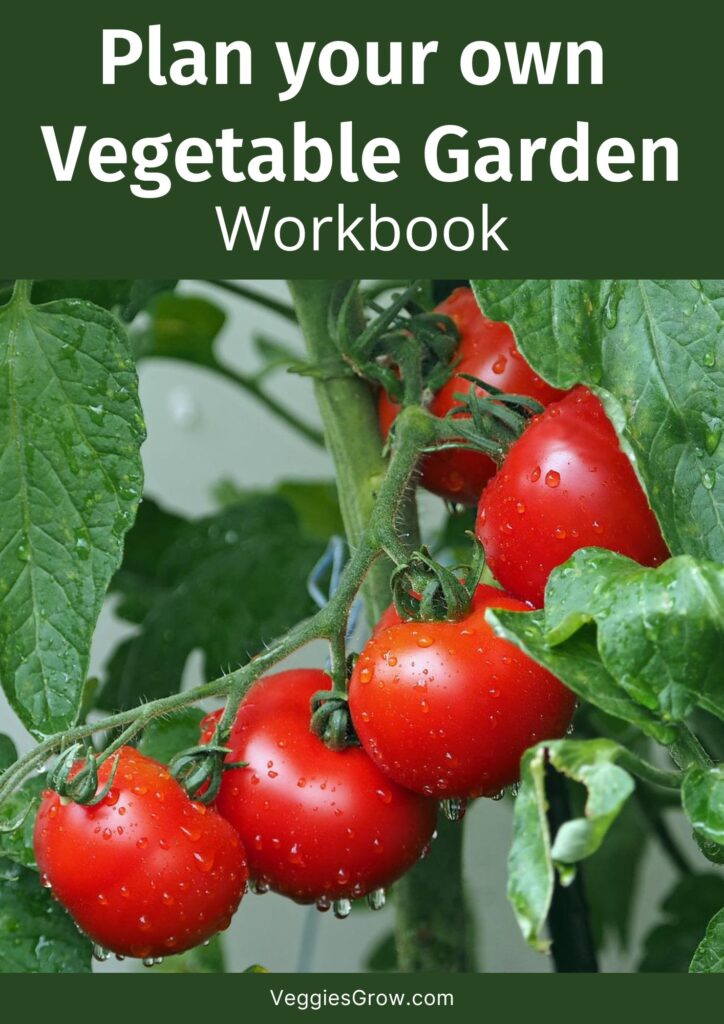Once you have selected the types of vegetables that you would like to grow this season, another key decision in the planning process is to decide on how you’ll start your vegetable plants. Vegetable plants are most often grown from seeds but quite a few types of vegetables can be grown from transplants, which are usually seedlings that are a couple of weeks old, bought from a nursery, and this has its own benefits as well.
This article goes through some things that you’ll need to consider before deciding whether you’ll be starting your vegetable plants from seeds or transplants.
Cost: vegetable seeds are a lot cheaper than seedlings
Vegetable seeds are a lot cheaper compared with seedlings because of the work and resources that go into planting and caring for the seedlings. If you are starting your vegetable plants on a tight budget, starting your plants from seeds will be your best option. This will also enable you to purchase other essential items including tools and equipment.
Limited variety of seedlings available for purchase
Due to the amount of work and risk that goes into selling seedlings only the most popular varieties of each type of vegetable will be available for purchase as seedlings. Heirloom varieties are almost never available as seeds. This means that if you want to grow heirloom or relatively uncommon varieties, you will have to start from seeds.
There’s nothing quite like seeing a seed germinate
If you want to truly witness the magic of plants, you will definitely want to start from seeds. No matter how many times you’ve seen seeds germinate, it’s something that will never get old and is truly magical.
Growing a vegetable plant from seed will help you get to know the requirements of that plant very well. This also makes it quite easy to make big mistakes but will also help you understand your vegetable plant much better.
Not all types of vegetables can be grown from transplants
The choice between starting from seeds or seedlings will also depend on the type of vegetable plants that you will grow.
Root vegetables, including carrots and beets, cannot be transplanted because their roots will be disturbed and damaged. Root vegetable seeds need to be sown directly into the ground (or container) and should not be disturbed until it’s harvest time.
Some other types of vegetables, including corn, gourds (cucumber, pumpkin, and squash), beans and peas prefer not to be transplanted and should also be sown directly into the ground or container whenever possible. Care must be taken not to damage roots of these types of vegetables if they must be transplanted.
It isn’t possible to know if a transplant is truly organic
If you are keen on growing an organic vegetable garden, starting from seeds would be the best way to know for sure that your vegetable plants are truly organic.
Depending on where you live and how much you can spend on your seedlings, you may be able to find certified organic seedlings. That is not true for most of us that have a very limited budget and in countries where organic gardening doesn’t need strict certification.
If you start your seeds yourself you will know exactly what was added to the growing medium and fed to the seedling, allowing you to grow 100% organic vegetables.
The growing season is short in your area or are already half-way through the season
If you have a very short growing season, especially the warm season, transplants can help you make the most of it. Tomatoes, peppers, eggplant and many other fruiting summer vegetable plants handle transplanting well.
If you have only a few warm days a year, you can buy transplants from a nursery and plant them just as the weather is warm enough so that you don’t lose any time. Alternatively, if you decide to plant a certain type of vegetable and you are already half way through the growing season, you can save time by buying seedlings and transplanting them into your garden.
You have a limited amount of time to spend in your garden
A lot of vegetable gardening mistakes are made during the first few weeks of planting seeds. Transplanting can save you time and energy because once a vegetable plant has got a great start, it’s just a matter of properly caring for it. If you can afford it and can spend only a very limited time on gardening, then buying seedlings and transplanting them into your garden will be the best option for you.
Transplants are a great way for beginners to get a good harvest right away
The health of a vegetable plant largely depends on the quality of resources and care the plant gets during the first few weeks.
As long as the seedlings you transplant into your garden are of high quality and are pest and disease free, as a beginner starting from seedlings will make it easier for you to get a better harvest.
As you can see, there is no right or wrong answer to the question ‘is it better to plant vegetable seeds or plants?’. It all depends on the amount of time and money you can spend, the type of vegetable plants that you want to grow, and how easy it is for you to purchase good quality seedlings.
A third way that you can start your vegetable plants is from kitchen scraps. This is not covered in this article because starting from kitchen scraps is not recommended for starting an entire vegetable garden but just a way of getting seeds of certain vegetable plants and reducing the amount of food waste that you produce.
This post is part of a series of blog posts on the 7 steps of planning a vegetable garden. You can download the FREE workbook ‘Plan Your Own Vegetable Garden’, which will provide you with more information on each of these 7 steps and help you plan your own vegetable garden.


